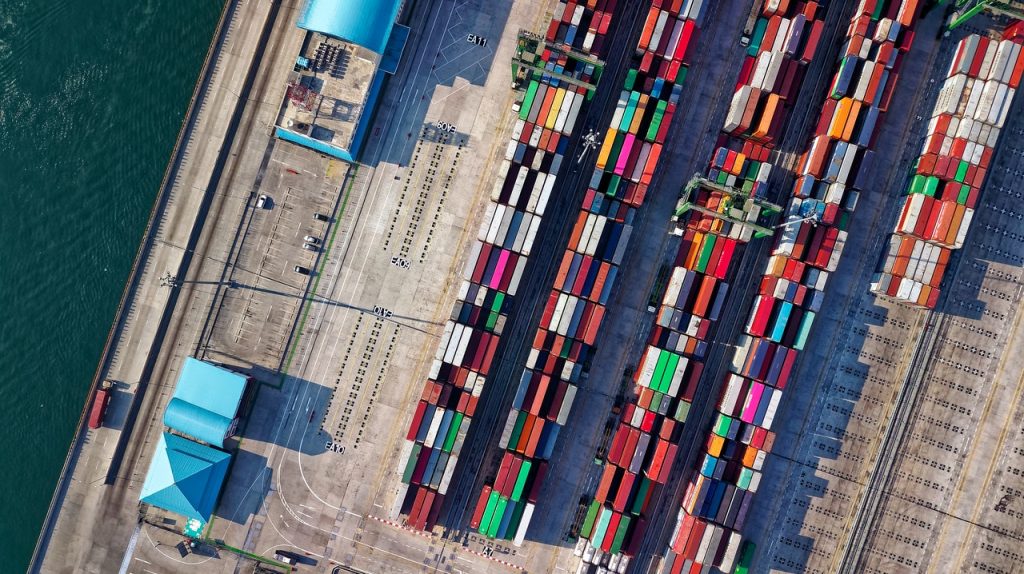
The global crisis we are experiencing has affected the global economy directly. Many businesses are adapting to the new scenario, and adhering to different types of practices, so their business cores can recover what has been lost since the beginning of this year.
But one thing is certain: this resumption will occur in a less lengthy and painful way if the supply chain leaders know how to take advantage of opportunities that are emerging with the market warming-up.
For this reason, resilience has become a key word in the process.
Want to know more on the subject? Keep on reading!
Resilience x Supply Chain
Resilience comes from the Latin word “Resilire”, which means “going back”. In a figurative sense, it demonstrates the ability of those who adapt to changes and misfortunes. Or even the natural tendency to recover themselves or easily overcome the problems that may appear along their way.
In the new scenario, resilience has become the key word to go on with supply chain operations, considering that acting in an adaptable way, in the midst of an unpredictable scenario, is a virtue that can be really helpful when resuming business activities.
Some items of the crisis planning and mapping process, such as potential problems of employee health, extra stock to prevent disruptions and supply problems, and delivery delays, are just a few issues that should be on the agenda, to avoid even more impacts at the time activities will be resumed.
The current situation demanded several changes in the work and production routine. Consequently, it impacted also the strategic planning of all businesses. This allowed the learning of huge lessons: we must adapt to the circumstances, develop new solutions expressly, and show resilience to move forward.
Professionals’ health as the business soul
Currently, resuming supply chain activities is closely related to the health of professionals who work in the area. No supply chain is able to operate with excellence without healthy employees working both on-site and at the home office, in a strategical fashion.
Therefore, strategies must be devised to care for the welfare and safety of such professionals, particularly at this time. In addition to keep the whole operation running, you can also mitigate possible risks that may normally occur in every resumption process.
Try to conduct a predictive analysis, prioritizing the solution of possible problems and mitigating risks for all employees.
Digitization plays a key role in this situation. End-to-end vision and control are possible only through the use of certain technologies – such as Mercado Eletrônico’s e-Procurement solution, for instance.
Digitization in favor of resilience
As mentioned earlier, in the context of a supply chain, resilience is fully associated with the ability to mitigate risks and minimize the impacts of unpredictable events, such as the Covid-19 pandemic.
According to a report released by the World Economic Forum (WEF), three points must be kept in mind to have a more resilient supply chain:
- Gaining supply chain visibility, to understand the impact that can be caused by a disruption.
- Digitizing the records, to make operations more resistant to future shocks.
- Assuring data privacy and clear communication with suppliers.
One way of adopting these three points is to deploy a digital platform. Besides adding agility and strategy to processes, the company achieves governance with a full view of the supply chain, from start to end, as well as control with digitized information for decision-making actions.
Relationship is also vital to resume activities
In the current scenario, technology is the rule for business processes, but relationship is just as important. Companies cannot sustain themselves without communicating and customizing the service of their suppliers.
Most organizations that survived the recession period relied on their good old relationship practices.
The act of structuring demands, to adapt to the new normal, and knowing how to relate to business partners, is a far better assurance than fair prices and payment terms. It allows for product backup and joint planning with regard to supply replenishment problems in the whole chain. This is directly linked to supply chain resilience as well.
In this way, besides ensuring smoother business processes, companies can also nurture long-term relationships, creating a win-win relationship among all parties.
Every resumption process requires several precautions. How is your company handling the return of supply chain activities? Tell us in the comments field!
Take this opportunity and subscribe to our newsletter, to stay updated on everything that happens in the B2B market!


 Português do Brasil
Português do Brasil Español
Español Português
Português
